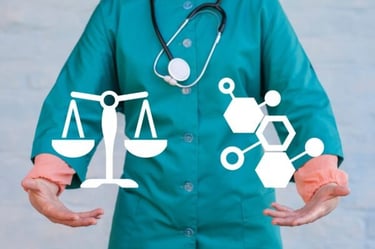Testosterone


If you wonder whether testosterone therapy might be right for you, call our office today to schedule an appointment to discuss your options.
Testosterone is a hormone produced primarily in the testicles that helps maintain men’s:
Bone density
Fat distribution
Muscle strength and mass
Red blood cell production
Sex drive
Sperm production
Testosterone peaks during adolescence and early adulthood. As you get older, your testosterone level gradually declines — typically about 1 percent a year after age 30. It is important to determine in older men if a low testosterone level is simply due to the decline of normal aging or if it is due to a disease (hypogonadism).
Hormone Evaluation
Testosterone testing is used to diagnose several conditions in men, including:
decreased sex drive
erectile dysfunction
infertility
testicular tumors
Two separate assessments may be performed as part of a testosterone test:
total testosterone, which measures the entire amount of testosterone in the body;
free testosterone, which measures only the testosterone that’s not attached to proteins.
The only accurate way to detect the condition is to measure the amount of testosterone in your blood. Because testosterone levels fluctuate throughout the day, several measurements will need to be taken to detect a deficiency. Doctors prefer, if possible, to test levels early in the morning since this is when testosterone levels are at their highest.
Hormone/Testosterone Replacement
Many aging men with low testosterone report improved energy levels, sex drive, and mood after testosterone treatment. Testosterone replacement therapy can have side effects, and the long-term risks and benefits aren’t known. Only men with symptoms of low testosterone and blood levels that confirm this as the cause of symptoms should consider testosterone replacement.
Growth Hormone – hCG
Human chorionic gonadotropin (hCG) is a hormone produced by the pituitary gland of men and women. Elevated levels of hCG can alert your doctor to look for some types of cancers.
The structure and function of hCG have also led to its use as an adjunct treatment for low testosterone. The structure of the hormone acts on chemical receptors that stimulate the production of luteinizing hormone which will target cells in your body that produce testosterone, restoring the natural size of the genitals and alleviating the testosterone fluctuations.


